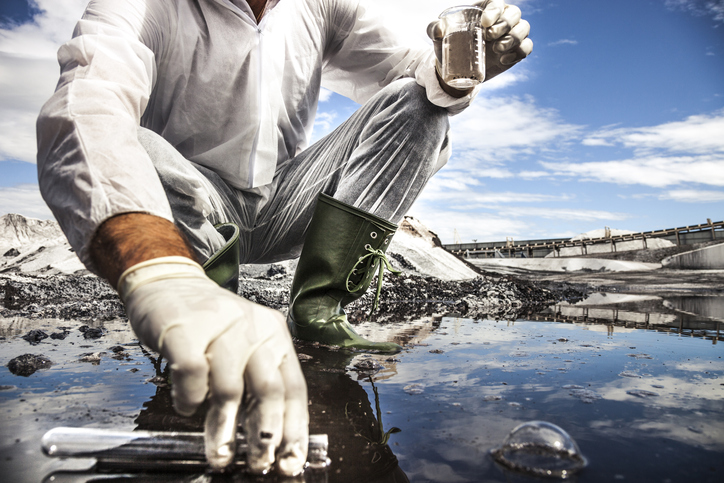As the coronavirus continues to spread across the nation, states throughout the country are ordering citizens to stay at home and not report to work. All orders, however, contain carve out exceptions for essential or life-sustaining activities, such as providing health care, medicine, and food. Yet, these orders have created much uncertainty as to what constitutes essential or life-sustaining activities. Arguably, many activities not directly related to containment of the coronavirus are still essential and/or life-sustaining. As with every aspect of the country’s economy, the coronavirus has impacted environmental remediation projects and the companies working on them. To complicate the situation involving cleanup sites, most state environmental agencies have yet to release guidance on the impacts of COVID-19 and, maintaining “social distancing” during site investigation or remediation activities. Plus there will be absenteeism due to illness or caring for family members during this crisis.
Many ongoing cleanup projects are vital to the health and safety of the local environment and citizens, and the continued work on those projects may be an essential activity. In those states in which shelter-in-place or stay at home orders have been issued, risk managers and in-house counsel should be immediately contacting the regulatory agencies to inquire about how the orders impact ongoing projects and whether the project is exempt from the state order. Exemptions from various state orders for the continuation of critical and necessary environmental remediation projects have been and will likely continue to be issued by the appropriate regulatory agencies.
In addition, inquiries pertaining to ongoing remediation projects should be made with the proper federal or state agency regarding the consideration of temporarily suspending notice deadlines, waivers of penalties for failure to timely meet deadlines due to COVID-19 related issues, and requesting the agency simply work with PRPs as partners in this unprecedented crisis to determine whether ongoing work can or should continue, and what deadlines are practical to extend.
While it is not certain whether every state in the country will issue shelter-in-place or stay at home orders, it is imperative for risk managers and in-house counsel in those states to be proactive, and seek guidance from the applicable regulatory agencies about how ongoing projects should be handled in the event a stay at home order is issued. Planning ahead and inquiring about pre-emptive waivers or looking for clarity by the appropriate agency in control of ongoing remediation projects in states that have not issued stay at home orders should be done.
Concurrently, and most important, maintaining worker safety is paramount. Impacted companies must take the necessary steps to protect their workers who are being positively affected by remediation projects. In this rapidly changing environment, judgment and discretion by companies must constantly be applied to ensure workers who continue operations are safe and utilize appropriate precautions during the COVID-19 pandemic.

